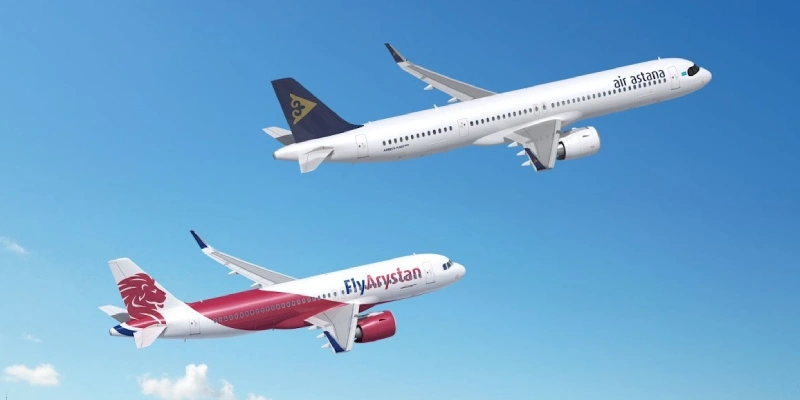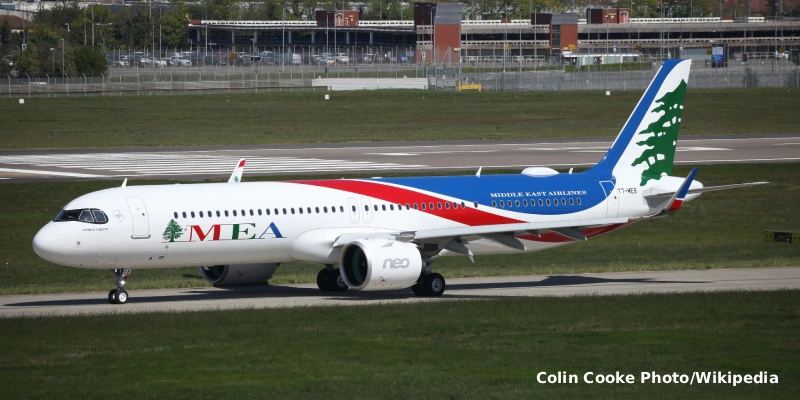The director of the Federal Aviation Administration (FAA) stated this Thursday that Boeing has not yet requested the agency to lift the monthly production cap of 38 aircraft for the 737 MAX. The FAA will review the manufacturer’s supply chain before making any decision.
The Incident That Raised Alarms
The FAA’s decision to impose production limits followed an aviation emergency in January 2024, when an Alaska Airlines-operated 737 MAX 9 experienced a mid-flight failure due to the absence of four key bolts. This incident exposed serious vulnerabilities in quality control processes and raised concerns across the industry.
Comprehensive and Unhurried Evaluation
During a press meeting at an airshow, FAA Administrator Bryan Bedford emphasized the need to examine the “entire supply chain” before making any decisions. While he praised Boeing’s recent efforts to transform its corporate culture, he made it clear that it is not yet time to relax oversight.
“We want to see sustained trends, a healthy workforce, and a strong safety culture. Then, we want to see real improvements on the factory floor,” Bedford explained. “It’s all very encouraging, but we are far from being able to lower our guard.”
Progress, But Still in Early Stages
The agency acknowledged significant progress by extending for three years the program authorizing Boeing to perform certain tasks on behalf of the FAA, such as inspections. However, Bedford described the progress as “embryonic” and stressed that only sustained improvements could justify increased production.
For its part, Boeing CEO Kelly Ortberg stated in May that the company feels “fairly confident” in its ability to ramp up 737 MAX production to 42 units per month, its short-term goal. This figure represents a key step for the manufacturer as it seeks to regain market share after years of turbulence.
Pending Certifications: MAX 7 and MAX 10
In addition to the production review, the FAA is closely monitoring the certification of the smallest and largest variants of the 737 family: the MAX 7 and MAX 10. Bedford noted that Boeing is adopting a new philosophy—getting things right from the start—which, in his words, “is the cheapest way to build an airplane.”
This vision aligns with the company’s internal efforts to reduce defects and improve conditions on the production floor. Nevertheless, the regulator made it clear that maintaining strict oversight remains a priority for now.
Related Topics
Air Astana Places Its Largest Order: 25 Airbus A320neo Family Aircraft
Delta Bolsters Narrowbody Fleet with Acquisition of 34 Additional Airbus A321neos
MEA in Talks with Airbus for 12 Aircraft to Expand Fleet and Launch Fly Beirut
Airbus Closes 2025 with Profit Growth, 793 Deliveries, and a Record Backlog of 8,754 Commercial Aircraft

Plataforma Informativa de Aviación Comercial con 13 años de trayectoria.




